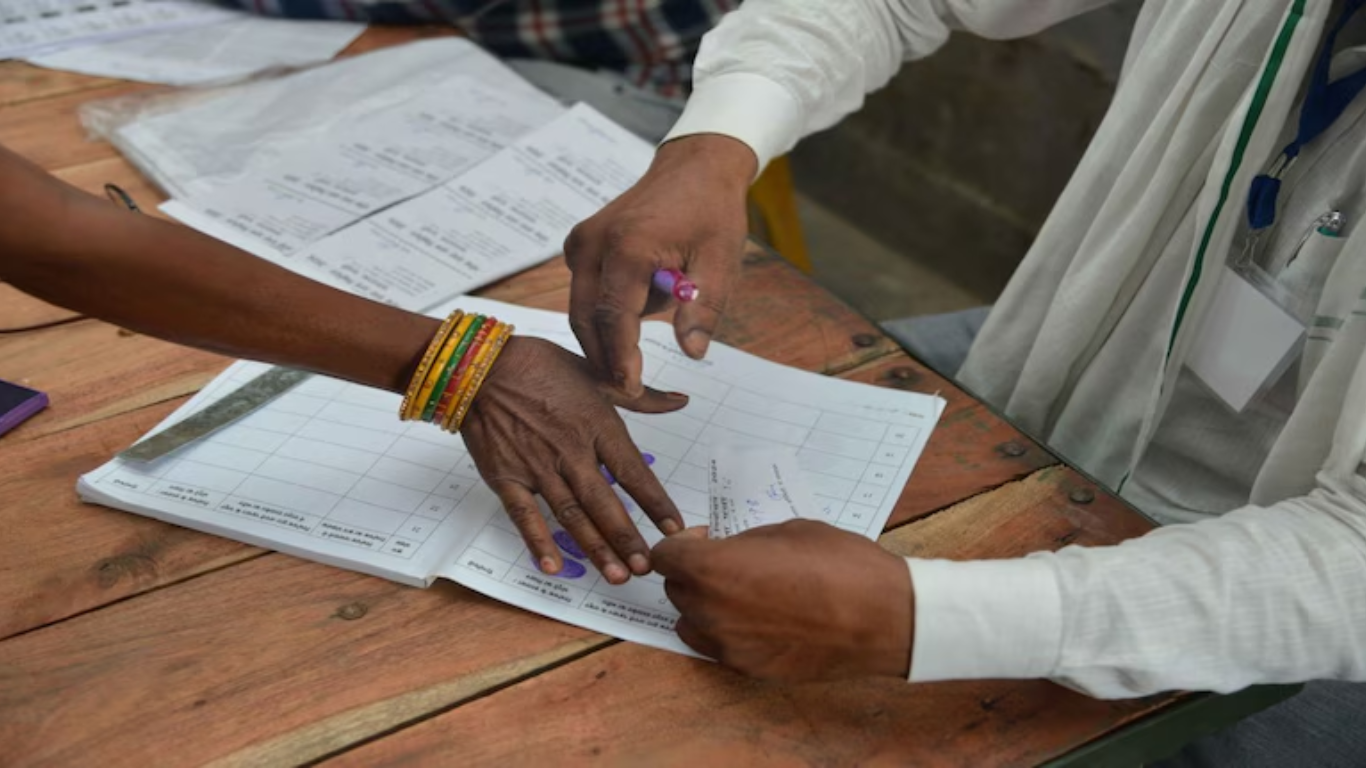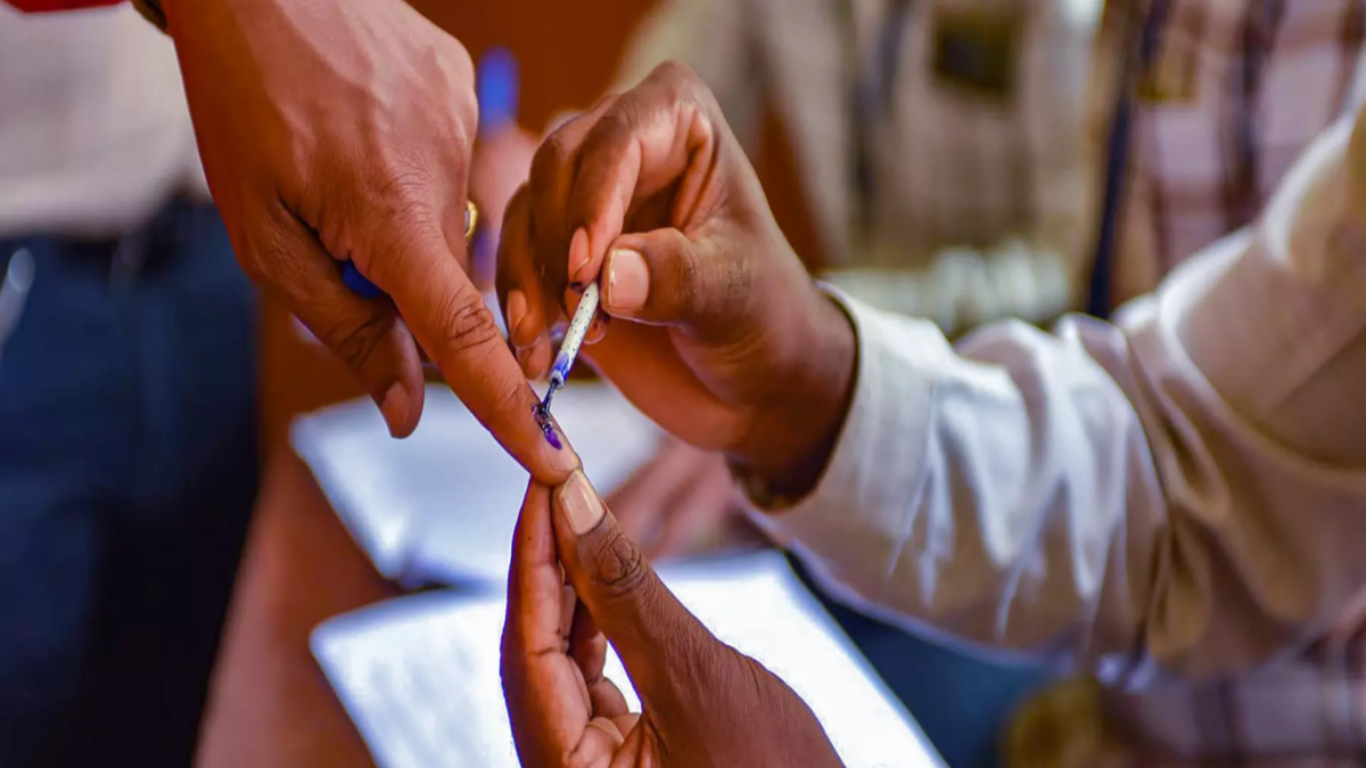










As India grapples with the emergence of the new COVID-19 sub-variant JN.1, health experts provide reassurances regarding its severity while urging continued vigilance. The country has reported 22 cases of the JN.1 variant, a descendant of the Omicron virus.
Former AIIMS director and senior pulmonologist, , stated on Saturday that JN.1 is exhibiting higher transmissibility but is not causing severe infections or hospitalizations. He noted that the variant is progressively becoming dominant, emphasizing that symptoms primarily affect the upper airways, with manifestations such as fever, cough, cold, sore throat, running nose, and body aches.
The World Health Organization (WHO) has classified JN.1 as a ‘variant of interest.’ However, the global health body underscored that the overall risk posed by JN.1 remains low based on current evidence.
India SARS-CoV-2 Genomics Consortium (INSACOG) chief, Dr. NK Arora, asserted that there is currently no need for an additional dose of the vaccine against JN.1. He recommended preventive measures for individuals aged 60 and older, those with comorbidities, and those taking immunosuppressive drugs, such as cancer patients.
The first case of the JN.1 variant was identified in a 79-year-old woman in Kerala. Subsequently, 19 cases were detected in Goa, with one case each reported in Kerala and Maharashtra. Details of one case are yet to be disclosed.
Concerns are rising across the country as India reported 752 new COVID-19 cases in the last 24 hours, marking the highest single-day rise since May 21. The total number of active cases currently stands at 3,420.
Health authorities continue to monitor the situation closely, urging the public to adhere to preventive measures and vaccination protocols. The evolving nature of the JN.1 variant underscores the importance of ongoing research and vigilance to curb the spread of the virus and protect public health.









